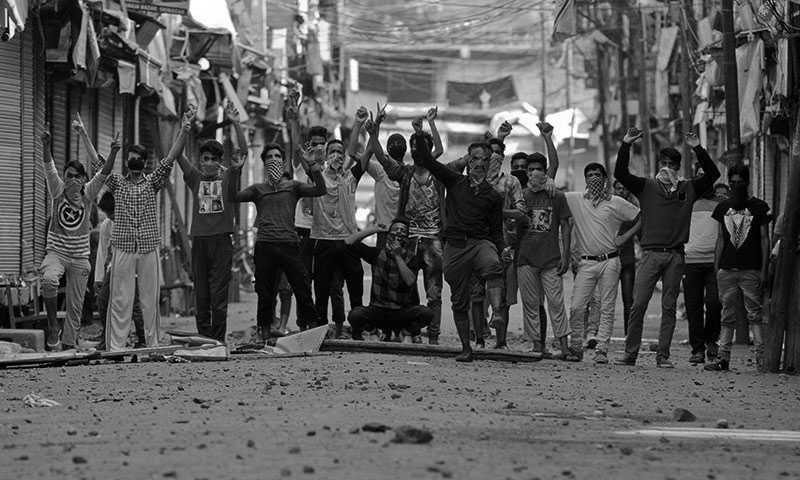On 22nd May 1998, voters in Northern Ireland and the Republic of Ireland approved the terms of a power sharing agreement going three-way between the United Kingdom, the Republic of Ireland and the tortured province of Northern Ireland. The complicated Good Friday Belfast Agreement helped end the conflict over the constitutional status of Northern Ireland – unionists (who were mostly Protestants) who wished for the province to remain a part of the United Kingdom, pitted against the republicans wanting a unification with the Republic of Ireland. The conflict lasted well over 30 years, and took the shape of a bloody guerrilla war, the tactics used by the feared IRA and the British Army were quite the same as those used by terrorist organisations of our times. The terms of the agreement, and its success, are quite remarkable. Not only were the complicated realities of the North Irish society recognized with a complicated agreement (hence the three-way) but it also succeeded in bringing into the political fold representatives of the armed group IRA. After the recent Brexit vote, the UK government reaffirmed its “clearly-stated preference is to retain Northern Ireland’s current constitutional position: as part of the UK, but with strong links to Ireland”.
This story, with all its nuances lost when I write it in a mere paragraph, reminds me of our very own Troubles in Kashmir, the names changed but the roles intact. Sushma Swaraj, responding to Pakistan’s attempts to declare the Gilgit-Baltistan area a formal province, reaffirmed that India would not let go of any part of the state of Jammu and Kashmir. Statements such as these, as also the rising tempers (and insurgency) in the Valley, begs the question if this is not going in a familiar direction.

Kashmir is a complicated place to be. The Indian Government’s repeated bending of democratic rules in its favor, and the virtual occupation of the Valley by the Indian Army has fed the perception of repression in the Kashmiri psyche. The dismissal of all Kashmiri aspirations as mischief-mongering by Pakistan (even if it is somewhat true) has fed this impression of insincerity. The armed conflict, the bandhs and general civil disobedience has flared up in the Valley, and all three sides – the Indian establishment, separatists and Pakistan – seem out of their depth when it comes to resolving this conflict by appropriately addressing the aspirations of all the sides.
The question perhaps is, can we solve this? As the minister’s statement indicates, the conflict is mostly fuelled by nationalist sentiment, which can be easily manipulated. The Indian Government’s obstinate refusal to acknowledge the aazadi sentiments of the Valley and the feeding of the armed insurrection by Pakistan and its separatist goons makes a solution unlikely, which brings me back to The Troubles and the lessons we can probably learn from them.

There are two things that stick out about the Belfast agreement – its complexity (it is a multi-party agreement that is superseded by an international agreement between the British and the Irish government that shares power between all the warring groups) and the fact that it was okayed by two separate referendums in Northern Ireland and the Republic of Ireland. Both these key elements are missing in the Kashmir conflict. None of the sides recognize that there is both allegiance and responsibility for all of them, and no single party can have it all. On the other hand, an appeal to religious nationalism is both regressive and dangerous.
It remains to be seen if these lessons will be learnt. Both India and Pakistan have held the peace talks hostage to normalization of relations everywhere else, which often obstructs and stalls it. We have also enthusiastically joined the brigade of fiery nationalists , apt in this age of Trump and alternative facts. However, it should be understood that this appeal to irrationality and distortion of facts will only lead to bloodshed and stalemates, and it is with a careful and nuanced understanding of the realities on the ground that we can move to a solution acceptable to everyone.


Leave a Comment